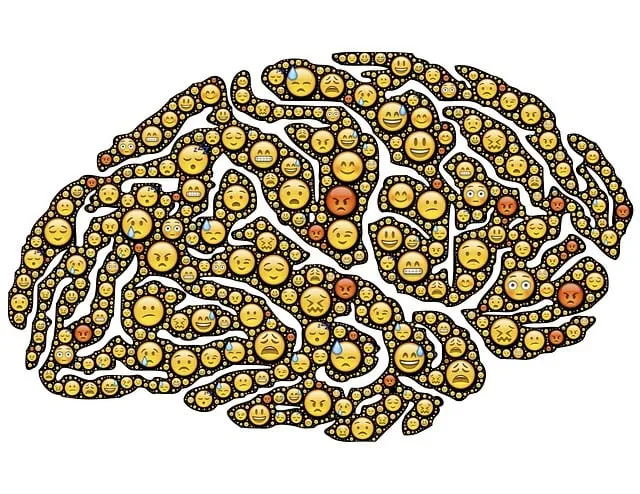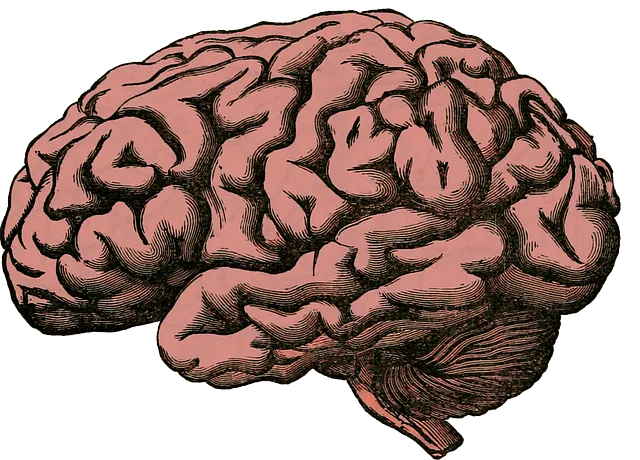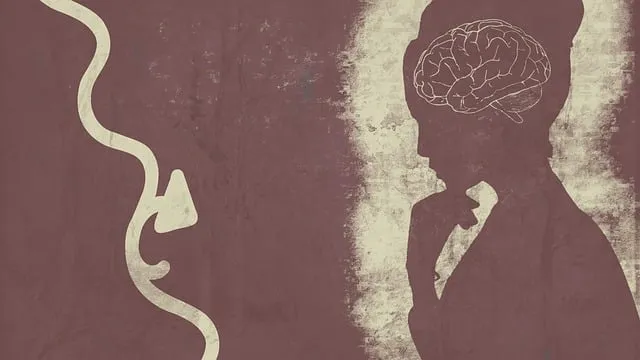Media portrayals of mental illness significantly impact societal understanding and perceptions. Positive, realistic depictions reduce stigma and foster empathy, as evidenced by studies like those at the Kaiser Permanente mental health facility Northglenn. Negative stereotypes can increase discrimination and hinder support. Kaiser Permanente Northglenn challenges these stereotypes with tailored services, education on self-awareness and conflict resolution, and open discussions about mental health, promoting a more nuanced understanding in media and community discourse. A comprehensive strategy involving lived experience consultants, expert collaboration, and community engagement is crucial for accurate, positive portrayals of mental health in media, breaking down stigma and encouraging early intervention.
Mental illness representation in media significantly impacts public perception and understanding of mental health. This article explores the challenge of inaccurate portrayals and offers solutions, focusing on the role of organizations like Kaiser Permanente Northglenn, a leading mental health facility. We delve into identifying stereotypes, discussing strategies for enhancing positive depictions, and emphasizing community engagement as powerful tools to combat stigma. By promoting accurate media representations, we aim to foster more empathetic and informed societies, ultimately benefitting individuals seeking support from mental health facilities, including Kaiser Permanente Northglenn.
- Understanding the Impact of Media Portrayals on Mental Health Perception
- The Role of Kaiser Permanente Northglenn in Promoting Accurate Representation
- Identifying Stereotypes and Misconceptions in Popular Culture
- Strategies for Enhancing Positive Mental Health Depictions in Media
- Community Engagement: A Collaborative Approach to Challenging Negative Stigma
Understanding the Impact of Media Portrayals on Mental Health Perception

Media portrayals of mental illness significantly shape societal perceptions and understanding. The way mental health conditions are depicted in films, television shows, and news media can influence public opinion, potentially impacting how individuals with mental illnesses are treated in real life. For instance, a study by Kaiser Permanente’s Northglenn mental health facility found that positive and realistic representations in the media could foster empathy and reduce stigma. Conversely, negative or stereotyped portrayals may lead to increased discrimination and a lack of support for those struggling with their mental well-being.
Accurate media representation is crucial, as it can direct viewers towards appropriate resources, such as healthcare provider services. The use of effective communication strategies and cultural competency training by media professionals is essential in portraying diverse mental health experiences accurately. Moreover, self-awareness exercises can help individuals within the industry understand their own biases, ensuring that stories are told with sensitivity and authenticity, ultimately contributing to a more compassionate society for people seeking mental health support.
The Role of Kaiser Permanente Northglenn in Promoting Accurate Representation

Kaiser Permanente Northglenn plays a pivotal role in challenging the stereotypical portrayal of mental illness in media by promoting accurate representation through its comprehensive mental health facility. This healthcare provider offers a wide range of services tailored to support individuals dealing with various mental health conditions, ensuring that their journeys towards recovery are met with understanding and care.
The facility’s approach involves not only treating symptoms but also educating the community on the importance of self-awareness exercises and conflict resolution techniques as essential tools for stress management. By doing so, Kaiser Permanente Northglenn fosters an environment where mental health is openly discussed, reducing stigma and promoting a more nuanced understanding of these issues in the media and beyond.
Identifying Stereotypes and Misconceptions in Popular Culture

In popular culture, mental illness is often portrayed through stereotypes and misconceptions that can be damaging to those living with genuine conditions. The media’s role in shaping public perception is significant, as it influences how society understands and treats mental health issues. At a facility like Kaiser Permanente mental health facility Northglenn, professionals work tirelessly to combat these negative representations. Stereotypes often reduce complex disorders to simplistic, one-dimensional characters, failing to capture the nuances of individual experiences. This can lead to a lack of empathy and understanding among viewers, perpetuating the stigma surrounding mental health.
For instance, depicting someone with depression as merely sad or those with anxiety as constantly panicked reinforces false narratives. These portrayals fail to acknowledge the diverse manifestations of mental illness and can discourage individuals from seeking help. Therefore, initiatives such as Kaiser Permanente’s Mental Health Education Programs Design emphasize the importance of self-awareness exercises (like mindfulness practices) to challenge these stereotypes. By promoting accurate representation, media has the potential to foster a more compassionate society where mental wellness is prioritized.
Strategies for Enhancing Positive Mental Health Depictions in Media

To enhance positive mental health depictions in media, a multifaceted approach is necessary. One effective strategy is to involve individuals with lived experiences as consultants and content creators. This ensures narratives are authentic and avoids stereotypes often found in media representation of mental illness. Additionally, collaborating with mental health professionals like those at the Kaiser Permanente mental health facility in Northglenn can provide accurate insights, fostering more nuanced storytelling.
Integrating initiatives such as Stress Management Workshops Organization programs, Mental Wellness Coaching Programs Development, and Social Skills Training into media production processes can also significantly improve representations. These activities not only educate creators but also offer real-world strategies for managing mental health issues, promoting inclusive and hopeful portrayals in various media formats.
Community Engagement: A Collaborative Approach to Challenging Negative Stigma

Community engagement is a powerful tool in combating the negative stigma surrounding mental illness. By fostering open dialogue and collaboration between individuals with lived experiences, healthcare providers, and community members at Kaiser Permanente mental health facility Northglenn, we can create an environment that promotes understanding and empathy. This collaborative approach involves designing Mental Health Education Programs tailored to diverse audiences, from school children to working professionals. These programs, enriched by Self-Awareness Exercises, aim to break down misconceptions and encourage early intervention.
Additionally, incorporating Burnout Prevention Strategies for Healthcare Providers is essential. By addressing the unique challenges faced by those in the mental health field, we ensure sustained commitment and compassion in providing care. This holistic community engagement strategy not only challenges stigma but also strengthens support systems, ultimately leading to improved access to quality mental healthcare services.
In addressing the critical issue of mental illness representation in media, we’ve explored the profound impact of portrayals on public perception and mental health. The article highlights the proactive role played by Kaiser Permanente Northglenn in advocating for accurate and nuanced depictions. By identifying stereotypes and misconceptions in popular culture, we’ve outlined strategies to enhance positive mental health representations. Furthermore, emphasizing community engagement as a collaborative approach underscores the power of collective action in challenging negative stigmas associated with mental illness. Through these efforts, we aim to foster a more inclusive and supportive media landscape, reflecting the essential role that accurate representation plays in promoting mental well-being within communities, including those served by Kaiser Permanente mental health facilities like Northglenn.






